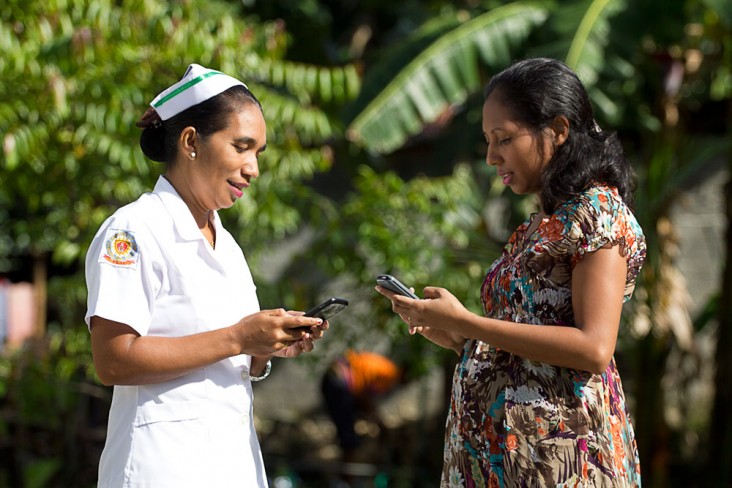|
Purpose:
To improve the health care-seeking behavior of Timorese women during pregnancy, birth, and the postpartum period, leading to better health outcomes for both mothers and newborns
|
Location:
Manufahi and Ainaro districts.
|
|
Partner:
Health Alliance International (HAI)
|
Duration: October 2011 - June 2016
|
|
Cooperative Agreement: $1.7 million
|
|
Partner Contact:
Che Katz
Chief of Party
Email: che.katz@healthallianceinternational.org
|
USAID Contact:
Tanya Wellsbrown
Health Team Leader
Email: twellsbrown@usaid.gov
|
Background:
The Government of Timor-Leste (GOTL) has made progress in establishing basic health services but has struggled to provide vital maternal and child health, family planning, immunization, and emergency care services in the more remote and mountainous areas where the majority of the population resides. While health outcomes, including child mortality rates and service delivery statistics, are improving; significant challenges still face the health sector, including low utilization of public health services and an inclination toward the use of traditional medicine due to lack confidence in provider quality. Geographical difficulties in accessing health care and long distances to health facilities discourage attendance. In addition, conservative cultural and religious beliefs often slow down the rate of social change, especially in the areas of reproductive health, maternal health, and family planning.
Summary:
USAID’s Mobile Moms Project, locally known as Liga Inan (Connecting Mothers), uses mobile phones to connect pregnant women with midwives to improve the likelihood of healthy pregnancies and deliveries. Liga Inan aims to increase the knowledge of and demand for health services during pregnancy, birth, and the postpartum period; strengthen the connections between mothers and midwives; and improve the capacity of district midwives to deliver basic emergency obstetric care.
With the help of the GOTL’s Ministry of Health (MOH) service providers, expectant mothers in the project’s target municipality, Manufahi, are registered into the Liga Inan network during their first pregnancy visits. Once registered, pregnant women receive information twice a week via text messages about appropriate health practices, both during and after pregnancy. The project also offers women the option of contacting skilled midwives with questions. Likewise, midwives can call or text their clients at any time. In addition to the mobile phone innovation, Liga Inan promotes the importance of using skilled birth attendants and enhances the skills of health care providers to deliver effective services during child birth, either in a health facility or at a home birth. To gauge its effectiveness, the project uses a control municipality (Ainaro), where interventions include traditional health promotion activities and training without the project’s mobile phone intervention.
Primary activities of USAID’s Liga Inan Project include:
-
Developing and testing SMS messages that are sent to pregnant and postpartum women;
-
Training district health staff on how to enroll women in the activity and other features of the Liga Inan service;
-
Socialization of communities and other stakeholders in the Liga Inan activity;
-
Enrolling women into the activity;
-
Training health professionals and community health workers in two target districts, Manufahi and Ainaro; and
-
Initiating basic emergency obstetric care refresher training for midwives in Manufahi and Ainaro.
Results:
Following the project’s launch, sub-district Same in Manufahi municipality realized an immediate increase in midwife-attended births. In August 2014, after assessing the early impact the program on increased health service utilization, the Australian Department of Foreign Affairs and Trade, agreed to work with the MOH to fund the project in two additional municipalities, Liquica and Alieu. Moreover, Timor Telecom, the country’s largest telecommunications operator, agreed to support the cost of thousands of text messages to help the project become sustainable. As of October 2015, over 5,500 women were enrolled in the program.









Comment
Make a general inquiry or suggest an improvement.